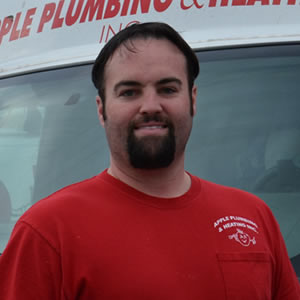My dad, Clements August Scheper, was a plumber. His business was C. A. Scheper & Son in Randallstown. The “son” was first my brother, and then was me. Note the singular “son”. Dad was difficult to work for but he knew plumbing and he taught me a lot of plumbing.
If you’ll indulge me, I’ll relate a trick of the trade that he taught me in the spring of 1977. Sue and I were engaged and I was working for my dad. We installed a new 3” copper water main and connected it to an existing 3” steel water main in a building. We finished on a Friday afternoon, turned on the water, and lo and behold (do people say “lo & behold” anymore?) the joint where our copper connected to the steel was leaking. Not a bad leak, but a leak none-the-less. …and this was Friday afternoon!

I asked Dad what we were we going to do? He gave me a dollar and sent me to a local grocery store for a can of Morton Salt. Dad spread his handkerchief on the floor, poured a thick line of salt diagonally on the kerchief and rolled it up. He then tied the salt laden handkerchief around the leaking joint and said “let’s go home”. Monday morning that pipe joint was dry as a bone and has been ever since. I have a bag of tricks like this that he taught me.
What does this have to do with toilets? Well, nothing really, except to introduce you to my Dad. Dad was old school through and through. It took him years to start using PVC drain piping instead of cast iron and steel. Dad would call people in the trade who used plastic pipe and fittings ”hacksaw & glue plumbers”. He hated plastic pipe. Once a plumber stopped in the office to apply for a job. He told Dad that "he just did new plumbing" and not service. Dad asked him what would he do if he installed a new toilet and it didn’t work, call a plumber? Needless to say, that guy didn’t get hired. I often think about Dad and how he would see the plumbing trade today. My guess is he’d tell me we’re doing it all wrong and should stop using plastic pipe!
When I came up in the trade (late 60’s and 70’s) there were no big home box stores where anyone can purchase most anything for the home; stores that are geared to the do-it-yourselfer. Back then, if a customer needed a new toilet, we would pick it up at the supply house and install it. There was no choice for the homeowner. It was either American Standard or Eljer and they took what we provided. Same with faucets. The only place a homeowner could buy plumbing parts was the local hardware store. In Randallstown it was Deer Park Hardware on Liberty Rd. It seems you could buy anything there. In 1978, when Sue and I were just one year into our marriage, I bought a ceramic mixing bowl set that we still use.
Again, I digress.
Back to toilets. When Dad was in business, every toilet tank had pretty much the same parts: a ballcock, a flush valve, a tank ball, a float ball, lift rods, a float rod, and an overflow tube. If I kept those parts on my truck, I could pretty much repair any toilet. The only toilet that those parts didn’t work for was a one piece toilet. For that, I just made a trip to the supply house. Now, there are high efficient toilets and imported toilets and comfort height toilets and dual flush there are almost 4,000 different toilet sold in the United States. That’s a lot of different parts, and impossible to keep them all on a service truck.
Also, now every toilet sold is given a MaP rating. This rating tells you how much waste a toilet will cleanly flush in grams. The ratings go from 250 to 1,000. We only install toilets with a rating of 800 or better. You can check it out yourself: http://www.map-testing.com/ . Toilets now come in a seemingly infinite variety of colors and styles. And prices. A customer once paid us over $1,300.00 for a new toilet! And then there are heated toilet seats, toilet seats that will wash your bum when you finish, toilet seats that are bidets, and even toilets that flush themselves when you are finished!
When Dad was amazed or startled by something he would never take the Lord’s name in vain by saying “J…. C…….!”. He would instead say “Cheese and Crackers!” Today he would say “TOILETS…Cheese and Crackers!”
(Oh, the reason the pipe stopped leaking is that the salt caused the metal to oxidize. It rusted the metal thus plugging up the leak. Once the salt was removed the oxidation stopped. For a man with only an 8th grade education, Dad was pretty smart!)




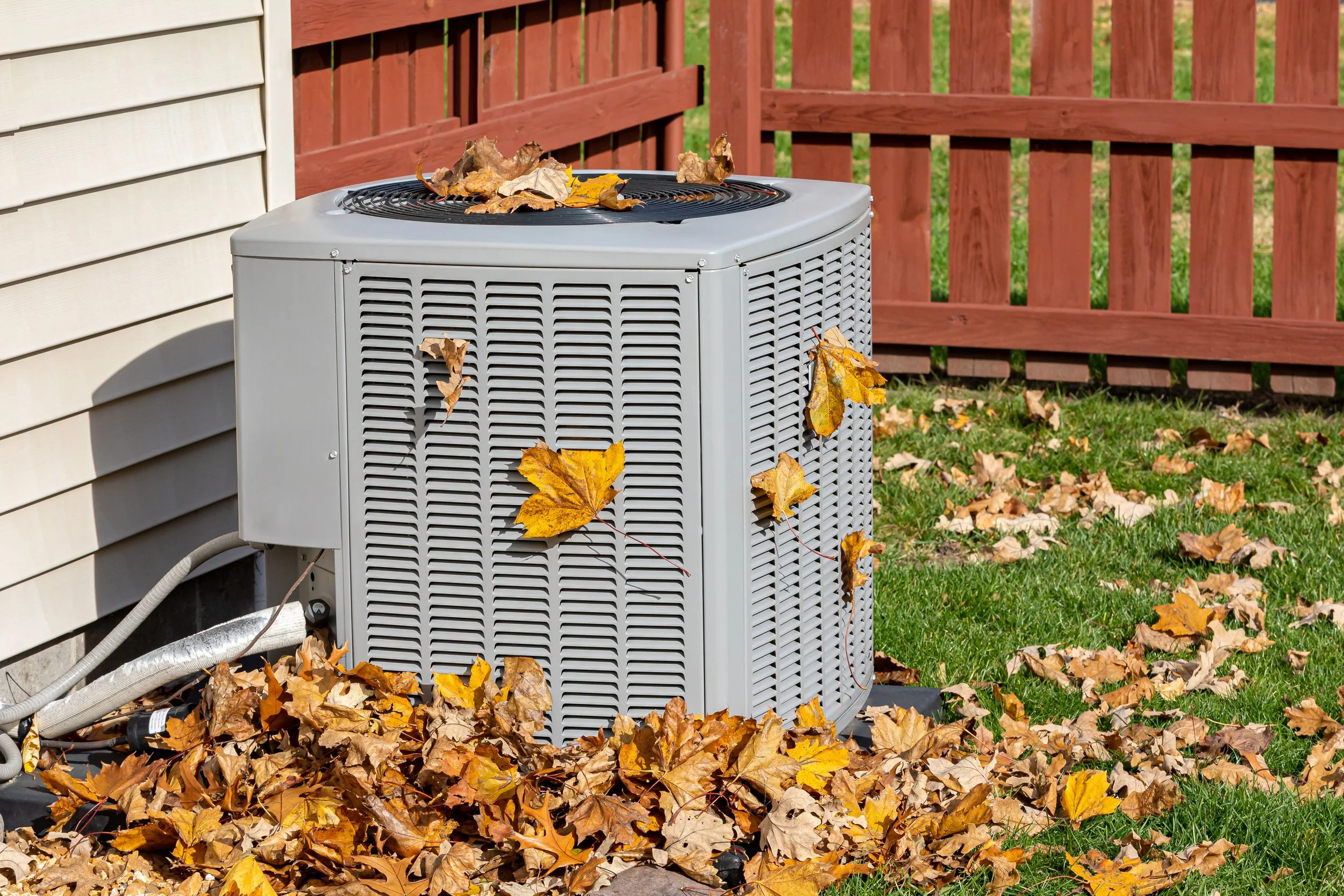
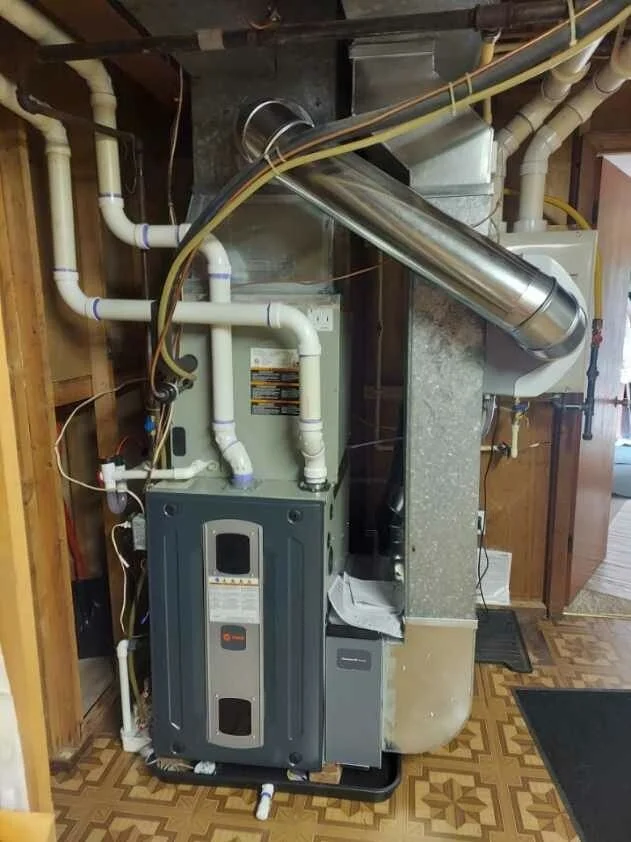










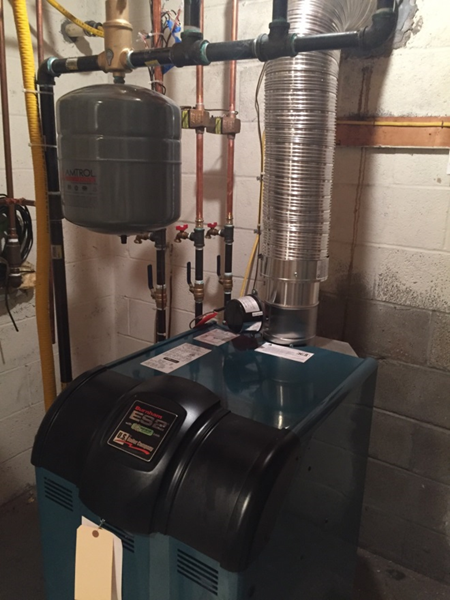

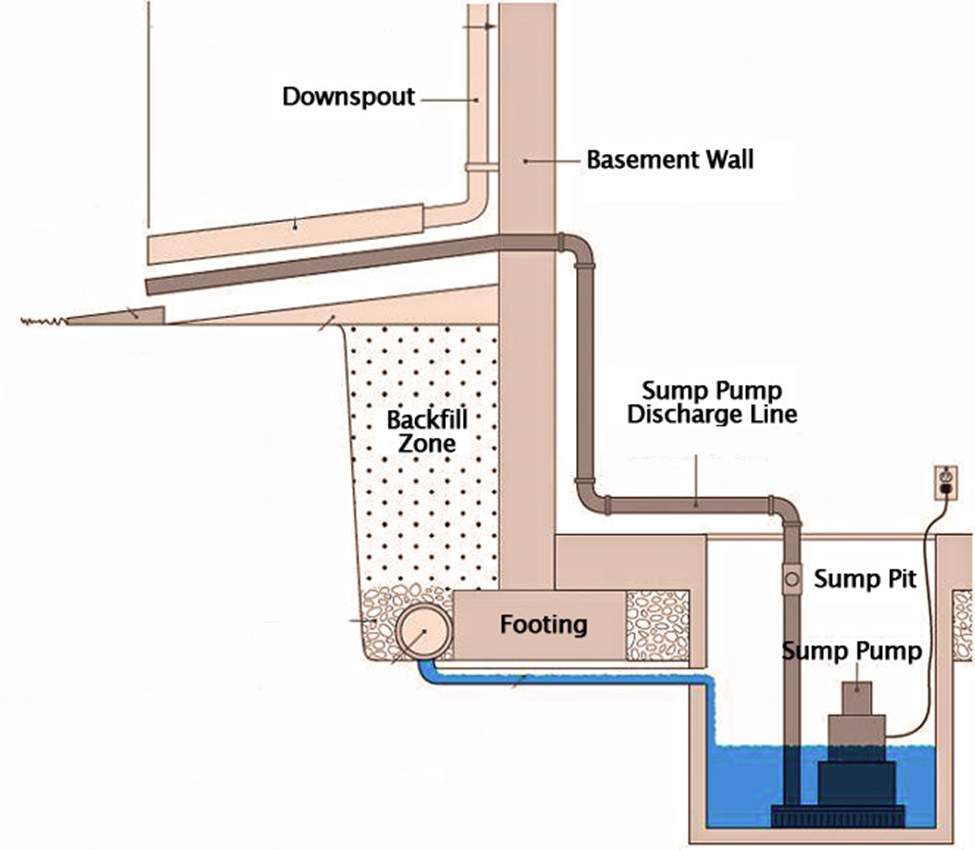
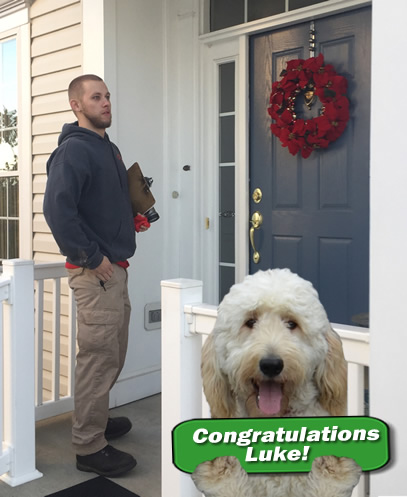 Luke joined Apple in 2012 under the company’s Apprentice program which provides four years paid training of plumbing, backflow, gas, and hydronic heat trades, in preparation for the state journeyman plumber/gasfitter license exam.
Luke joined Apple in 2012 under the company’s Apprentice program which provides four years paid training of plumbing, backflow, gas, and hydronic heat trades, in preparation for the state journeyman plumber/gasfitter license exam.
